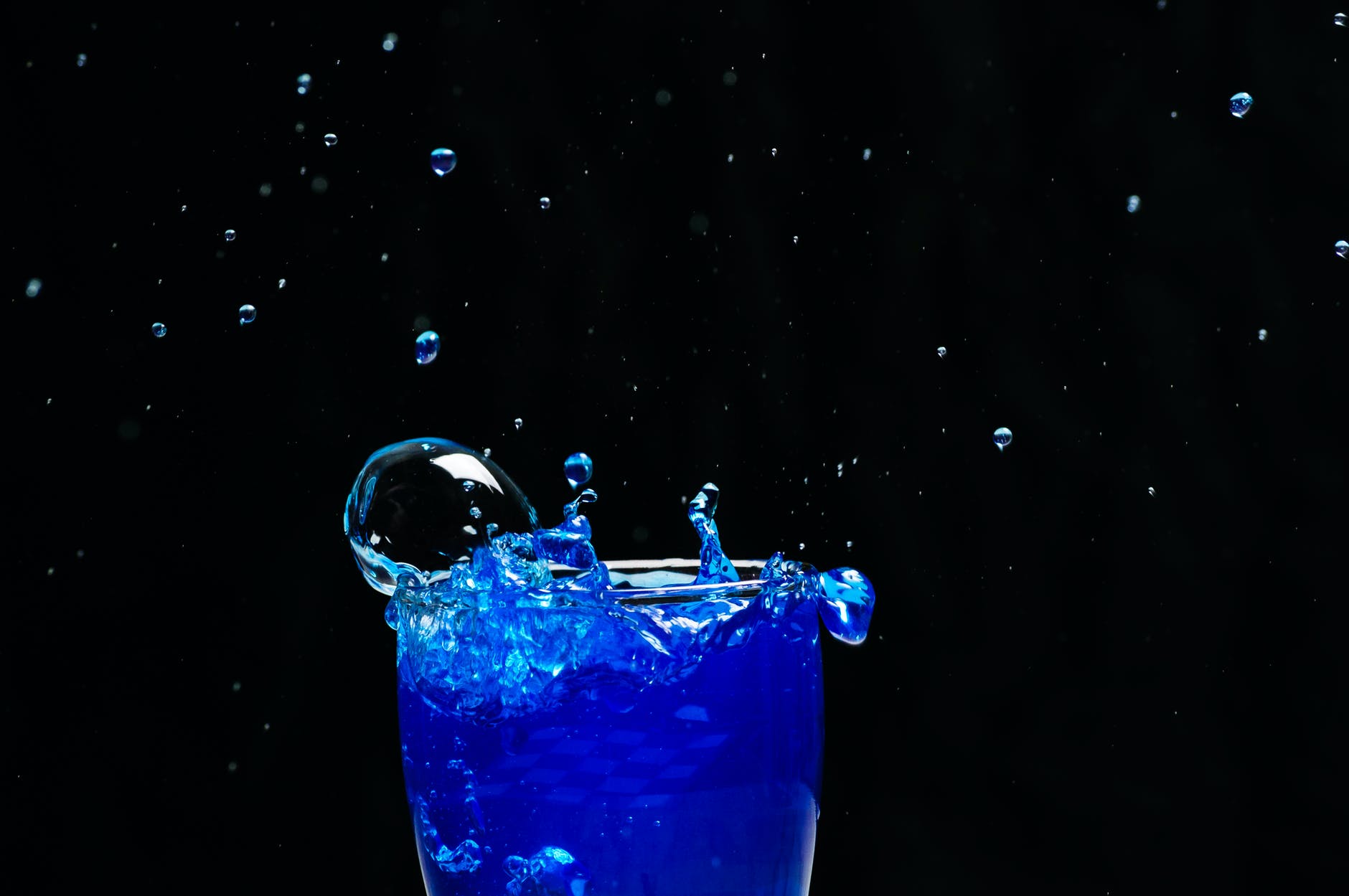Since energy drinks were introduced into the European market in 1987, they have become increasingly popular. These beverages contain caffeine and stimulants to increase concentration and alertness. Students who need to study late into the night and other people who work late use them frequently. While many swear by their efficiency, scientists wonder if consuming energy drinks is detrimental to your health.
How energy drinks could harm your health
As energy drinks contain a lot of caffeine, it could be easily lead to a caffeine overdose. Symptoms, in this case, include calcium deficiency, palpitations, and hypertension.
People could also suffer from sugar overload from taking too many energy drinks. Energy drinks many contain about 70 grams of sugar which might cause weight gain and tooth decay.
Energy drinks might also lead to weight gain. The reason is that these beverages typically contain about 220 calories per 16 ounces. They can also increase the risk of developing type-2 diabetes.
Another detrimental effect of energy drinks is anxiety. However, this doesn’t occur in everyone and is determined by genetic makeup. The high amount of caffeine in the drinks could cause this.
Caffeine addiction is another problem associated with energy drinks. Some people find it difficult to function or work out without caffeine. This dependency can be a problem, especially considering the long-term effect of caffeine on the body.
Energy drinks often contain guarana, which has high caffeine content on its own. This component, in turn, raises the amount of caffeine in the drink which can be bad for your health.
Alternatives to energy drinks
Although energy drinks are bad for you, you might still want something that will keep you awake if you have things to do. For this reason, there are other healthier alternatives to the beverages.
A straightforward way to stay active is by hydrating. Drinking water throughout the day will keep your body going. You could take a glass of water before you wake up, before after and during a workout, and with meals.
Naturally occurring minerals and vitamins could also provide you with the energy you need. This is because a lack of these nutrients often results in fatigue. You could add them to your diet by taking supplements or foods rich in minerals and vitamins.


